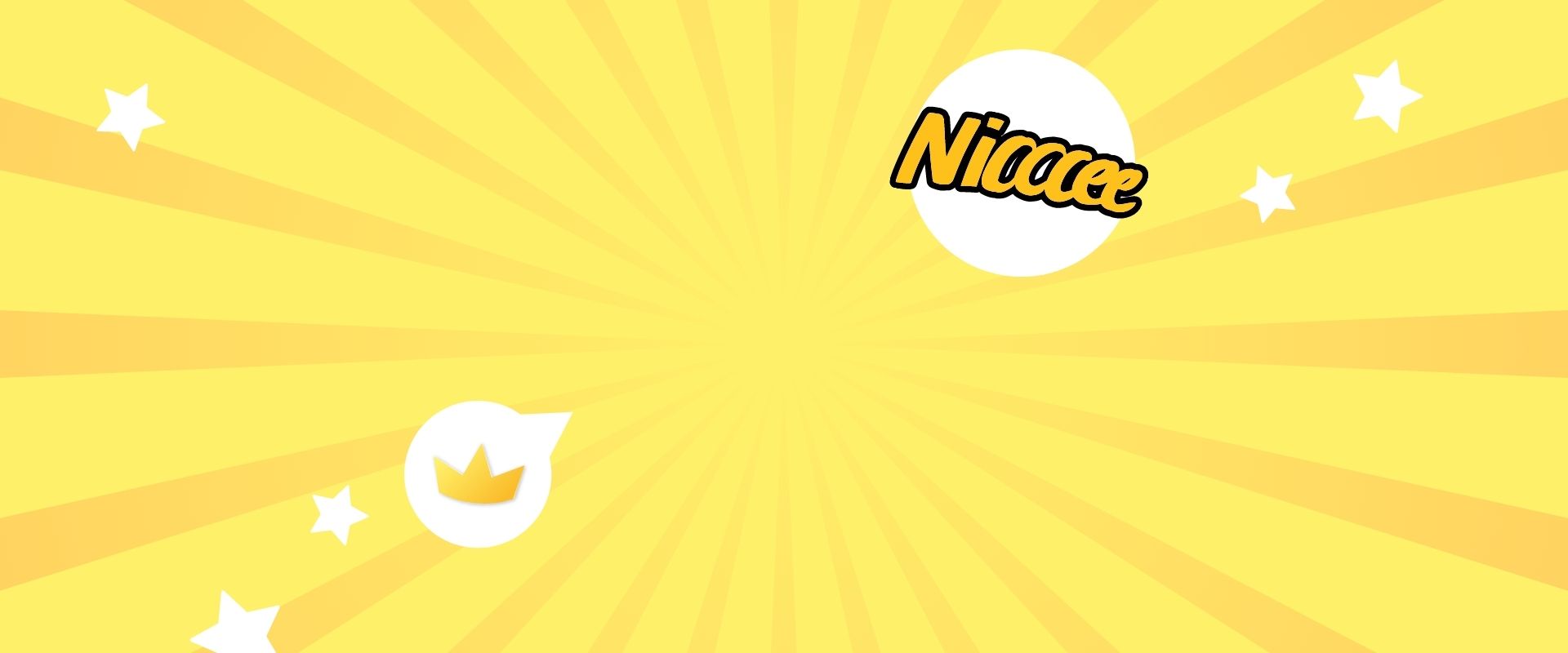YouTubeSubtitle CC
Get Many More Ideas

Can subtitles help to learn a foreign language?
Since an explicit goal of language learning is to have the option of understanding the locals, it is important to be aware of real media and the discourse of the locals. For beginners, this is often overly challenging. Fortunately, subtitling makes this kind of content conceivable even for amateurs. You can decide to make captioned content as easy or challenging as you need it to be, so it's ideal for everyone.
If you want to make your viewing easy, you can basically view as you watch - it's that simple! If you want a more noteworthy or greater challenge, you can deliberately turn off or ignore the subtitles for a limited time. You can focus on the language of communication while realizing that if you need help, the subtitles are right there hanging on tight for you.
In addition, watching captioned content is an easy way to transition to observing only in the target language. If you haven't observed a lot of authentic content before, you're likely to be overwhelmed, regardless of whether you've been learning the language for a considerable amount of time.
If you start by watching captioned content, you can get the right stuff you need to understand real speech in a more stable, less intimidating, and very interesting context. Likewise, you can choose between subtitles in the local language or subtitles in the target language.
HOW SUBTITLES HELP IN LEARNING A FOREIGN LANGUAGE
#1 Grow your vocabulary
Perhaps the greatest benefit of watching foreign films is the insight you gain into the growth of the language. However, not only will you gain proficiency with unique conversational expressions and spoken arrangements, but you will also encounter them in context.
Often, this can be difficult to dominate and requires time spent bantering with others who communicate in that language. Watching foreign films with subtitles can speed up this learning process.
#2 SUBTITLES INCREASE READING SPEED AND LISTENING COMPREHENSION
Being able to understand and organize what you see and hear is perhaps the most difficult part of learning another dialect. When locals speak, the sound units of speech connect quickly and are often undefined to the untrained ear.

Unlike language learning applications or unknown dialect courses, movies with subtitles play at a similar speed to typical conversations. For new dialect learners, this may feel fast. The benefit of this is that it will expand your listening awareness and help improve your reading speed.
#3 VISUAL NATURE OF MOVIES ADDS AN EXTRA IMPACT
Movies play an important role in learning another dialect. The visual component of the movie helps support listening comprehension while reviewing vocabulary. In addition to new vocabulary, you can relate to it through visuals.
This means that people can learn more when watching a movie with subtitles than when simply paying attention to the sound. Another part of the visual idea of the film is the inspiration it brings to language learning students. When contrasted with flipping through to form a cheat sheet, movies feel like a treat.
#4 SUBTITLES IMPROVE WORD RECOGNITION AND GRAMMAR
While you may know a way to say regular words like lunch or hotel, the movie opens your eyes to new ways of expressing them. Some of them may be more normal than the regular words you've learned. In what way? Often, unfamiliar movies use less formal slang that is normal among native speakers.
Reading subtitles is an incredible way for viewers to grow their jargon. Reading subtitles while they are playing on the screen also further improves grammar. Use the opportunity to take a breather and stop to examine the subtitles on the screen. This helps language learners distinguish and understand verb types, tenses, and phrases. Seeing another dialect in this on-the-fly manner promotes better comprehension.
IN Conclusion
Subtitles in foreign dialects are mostly a more powerful exam aid than subtitles in the local language. If you are a beginner, you will likely need subtitles in the local language from the beginning until you reach a point where you can adapt to having both the soundtrack and the subtitles in an unknown dialect.
If you're watching a movie, TV show, or some other material featuring an unknown dialect, it's better to have subtitles than no subtitles at all. Two other adaptations are conversion captioning, where the unknown dialect captions appear with the local language soundtrack, and double captioning, where the unknown dialect soundtrack appears with both unfamiliar and local language captions.
Your choice of subtitles may change over time as your unknown dialect abilities develop. Again, different people tend to have different subtitles, so try to perceive what works for you.
The primary concern you should have regarding learning is to expand the amount of time you spend absorbing material in your unknown dialect. Therefore, when choosing which subtitles to use, choose ones that increase your inspiration to watch things in your unknown dialect, because the more material you watch, the more you will learn.
If you don’t want to edit subtitles word by word, you can try an automatic subtitle generator. Here is a recommend.
LEARN MORE ABOUT Autosubtitle OnlineGet Started With Autosubtitle Online
Auto caption your YouTube videos, try Autosubtitle Online now .
TRY FOR FREE- Email: [email protected]
Copyright © 2021 Powered By YouTubesubtitle.cc | All rights reserved.
